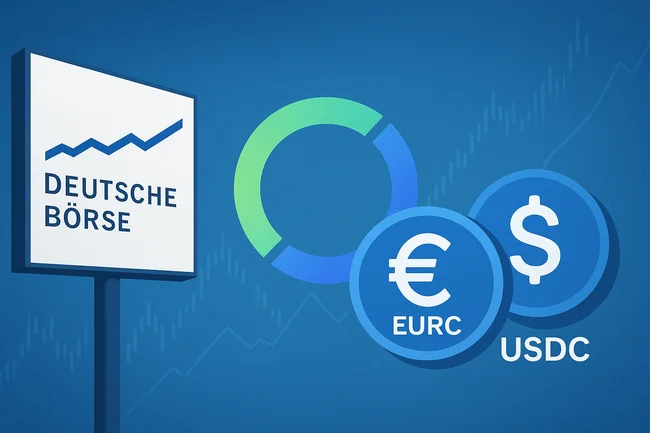Zero-Trust Governance Models emphasize security and accountability by assuming that no user or system can be trusted by default, regardless of whether they are inside or outside a network. This approach is especially relevant in environments where assets are digital and transactions are decentralized.In practice, a Zero-Trust model requires continuous verification of identities and permissions before granting access to resources. This minimizes the risk of unauthorized access and ensures that every action is logged and accountable.Key components often include strong user authentication, strict access controls, and regular audits of system activities. By implementing these measures, entities aim to reduce vulnerabilities and better protect digital assets. Zero-Trust Governance focuses on maintaining transparency, compliance, and security within decentralized systems, reinforcing trust in networks where traditional security measures may fall short. As a result, organizations can enhance confidence in their operations and reduce the risk of fraud or theft.

Avalanche Treasury Co. to Go Public in $675M Deal With Mountain Lake Acquisition
Avalanche Treasury Co. (AVAT), a digital asset treasury company aligned with the Avalanche Foundation, said Wednesday it has agreed to



